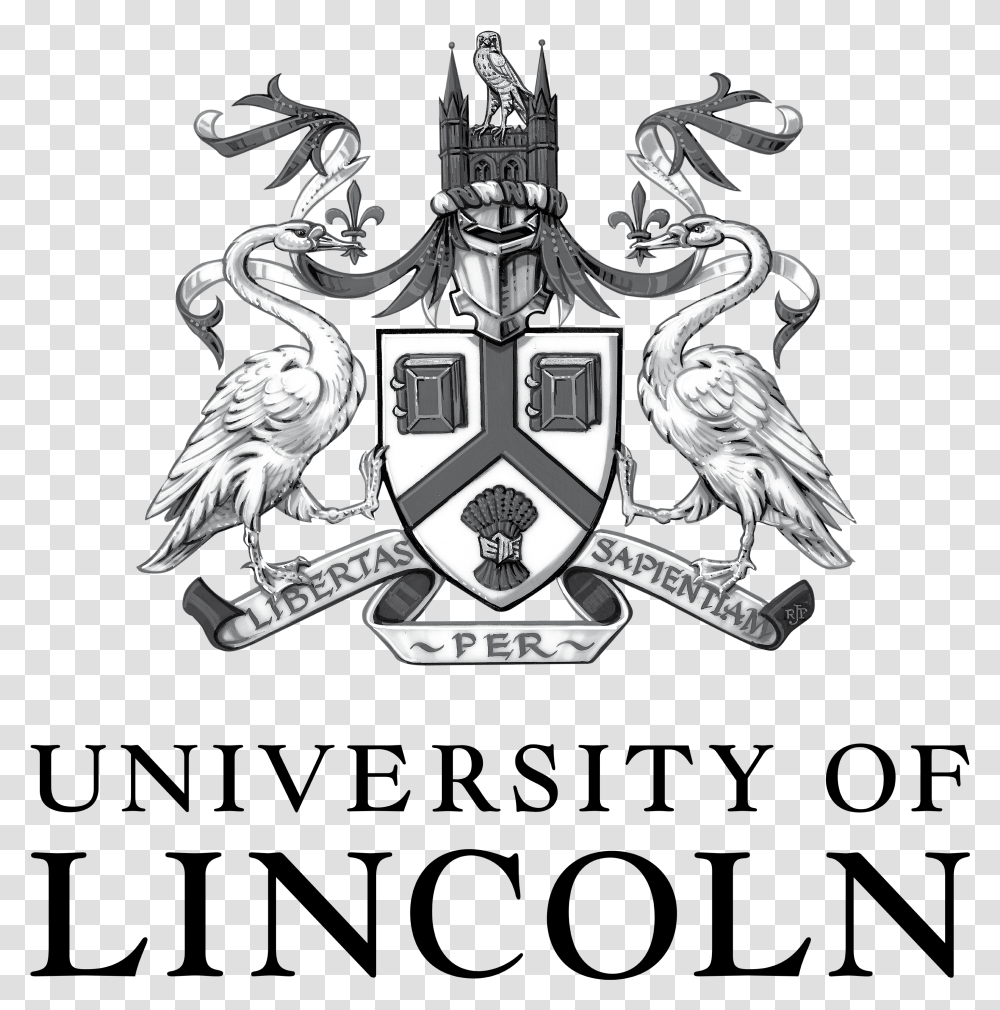Top Recruiting Companies
Leading companies that recruit from University of Lincoln
Placement Information at the University of Lincoln
The University of Lincoln places a strong emphasis on employability, integrating practical work experience into many of its degree programs. Through dedicated placement opportunities, students gain real-world skills, build professional networks, and enhance their career prospects. The university's Careers and Employability team supports students in securing placements, whether through sandwich years, summer internships, or integrated work modules. With a focus on industry-relevant experience, Lincoln's placements help bridge the gap between academic learning and the job market.
Types of Placement Opportunities
The university offers a variety of placement options tailored to different academic levels and disciplines. These include:
- Sandwich Placements: Full-year work placements integrated into undergraduate degrees, typically after the second year. Common in fields like engineering, business, and computing.
- Internships: Short-term opportunities, often 8-12 weeks during summer breaks, available across all faculties including arts, sciences, and health.
- Work-Based Learning Modules: Embedded placements within the curriculum, allowing students to apply theory in professional settings without extending their degree duration.
- International Placements: Opportunities abroad through partnerships with global organizations, supported by the university's Study Abroad Office.
- Volunteering and Micro-Internships: Shorter experiences to build CVs, coordinated via the Student Volunteering team.
Placements are available in diverse sectors such as healthcare, engineering, media, finance, and education. For instance, students in the Lincoln Institute for Agri-Food Technology often secure roles with agricultural firms, while those in the School of Film and Media work on industry projects.
Employability Statistics and Outcomes
The University of Lincoln boasts impressive employability rates, with 96% of graduates in work or further study within six months of graduation (Graduate Outcomes Survey 2022). Placements play a key role in this success, as they provide hands-on experience that employers value.
Here's a summary of placement statistics from recent years:
| Academic Year | Number of Placements | Success Rate (%) | Average Salary (Post-Placement) |
|---|---|---|---|
| 2022-2023 | 1,200+ | 92% | £25,000 |
| 2021-2022 | 1,050 | 90% | £23,500 |
| 2020-2021 | 900 | 88% | £22,000 |
Note: Success rate refers to the percentage of students who secure a placement offer after applying. Salaries are starting figures for graduate roles influenced by placement experience.
Many placement students receive offers for full-time employment upon completion. For example, in the Business School, over 70% of placers transition directly into graduate schemes with partner companies.
Support for Securing Placements
The university provides comprehensive support to ensure students are placement-ready. Key services include:
- CV and Application Workshops: Free sessions to tailor applications for specific roles.
- Mock Interviews and Assessment Centres: Practice with feedback from industry professionals.
- Online Portal (Lincolnshire Placement Hub): A dedicated platform listing opportunities, with filters for sector, location, and duration.
- Mentoring Program: Pairing with alumni who have completed placements in similar fields.
- Funding Assistance: Bursaries and travel grants for unpaid or low-paid placements, especially for international opportunities.
Additionally, the Employability Award scheme recognizes students who engage in extracurricular activities, including placements, boosting their profiles for future applications.
Partner Organizations and Industry Links
The University of Lincoln collaborates with a wide network of employers to offer high-quality placements. Notable partners include:
- Local and National Firms: Siemens, Ford, and the NHS for engineering and health placements.
- Creative Industries: BBC, Channel 4, and local media outlets for journalism and media students.
- Agri-Food Sector: Associated British Foods and Innovate UK partners.
- Financial Services: Barclays and PwC for business and accounting roles.
- Global Opportunities: Through Erasmus+ and partnerships with universities in Europe, Asia, and the US.
These collaborations ensure placements align with current industry needs, such as sustainability in engineering or digital innovation in business.
Student Success Stories
Placements have transformed many students' careers. Take Sarah, a Mechanical Engineering student, who completed a sandwich year at Siemens. "The placement not only honed my technical skills but also led to a graduate engineer position," she shares. Similarly, Tom from the Media department interned at the BBC, gaining credits on a national documentary and securing a freelance role post-graduation.
These stories highlight how placements foster confidence and practical expertise, with many alumni crediting their Lincoln experience for career advancements.
How to Get Involved
To explore placements, students should visit the Careers and Employability Centre early in their studies. Register on the Placement Hub, attend career fairs, and consult academic advisors for course-specific options. With proactive engagement, placements at Lincoln can be a pivotal step toward a successful career.
In summary, the University of Lincoln's placement programs offer invaluable opportunities for growth, supported by robust resources and strong industry ties. Whether aiming for local roles or international exposure, students are well-equipped to thrive in the professional world.
Still have questions about University of Lincoln?
Our expert counselors are here to help you with any queries about studying at University of Lincoln.
Contact Us

